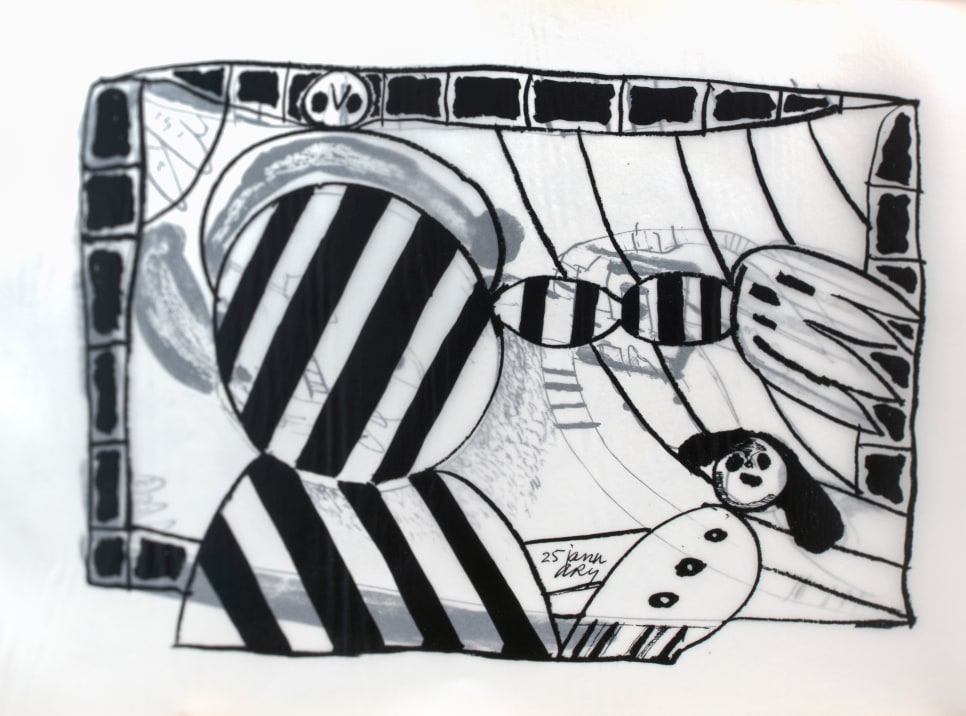
About
Born as Lubertus Jacobus Swaanswijk in Amsterdam in 1924, Lucebert was a painter and poet who thrived off spontaneity. A man who juggled his strong faith as a Catholic with his revolutionary nature, Lucebert believed he could “shine a light” (the meaning of his chosen Latin-German pseudonym) on a poor and hungry Netherlands during WWII.
Starting out painting houses for his father’s company as a boy, Lucebert didn’t receive much of a formal education due to his family’s poverty-stricken circumstances. A poet in his own right too, Lucebert was a member of the CoBrA group of poets that pioneered avant-garde poetry. This random, raw genre occasionally possessing touches of satire played a huge role in the way Lucebert painted or drew in addition to how he wrote.
His works of art often feature demons and hellish-looking creatures to hyperbolically mock the socio-economic regimes that controlled his country following the war. A constant rebel, Lucebert collected his prize for literature from the city of Amsterdam in 1953 dressed up as a king despite living at the artist welfare. The outrage caused from this led to his voluntary departure from the CoBrA group and city life. The rest of his life, that ended in 1994, was spent working on photography, lithography, poetry, and more painting.
Exhibitions of his work include; Documenta II, Kassel, Germany (1959); the Graham Gallery, New York (1960); Marlborough Fine Art, London (1962); the XXII Biennale, Venice (1964), and several times at the Stedelijk Museum, Amsterdam.
